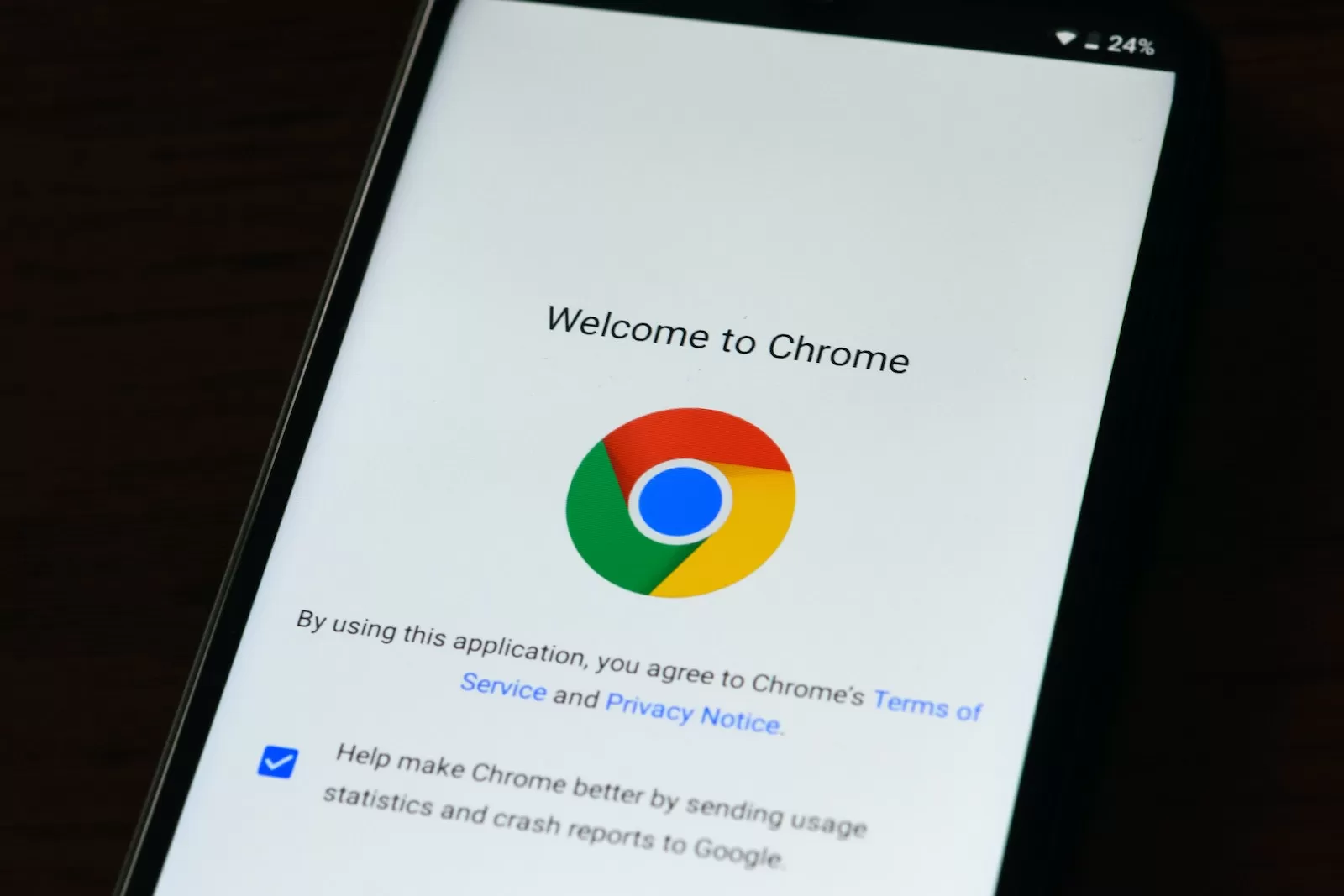In 2022, will your data be safe from SQL injection?SQL injection is a code injection technique that exploits a security vulnerability occurring in the database layer of an application. The vulnerability is present when user input is either incorrectly filtered for string literal escape characters embedded in SQL statements or user input is not strongly typed and unexpectedly executed.
This can result in malicious SQL statements being executed that allow an attacker to view, modify, or delete data within the database.
SQL Injection is a type of attack that allows the attacker to execute malicious SQL code on a database. This can lead to data being compromised, such as user information and passwords. In 2021, there were over 100,000 SQL Injection attacks reported. This number is expected to rise in the coming years. There are a few things you can do to protect your data from SQL Injection, such as using parameterized queries and input validation.
What is SQL injection?
SQL Injection is a code injection technique that allows attackers to execute malicious SQL queries that can compromise your database. By exploiting a vulnerabilities in your application, they can insert malicious code into your SQL statements that are executed by the database server.
This can allow them to access sensitive data, modify data, or even delete data. SQL Injection is one of the most common web application security risks and it’s important to be aware of the dangers it poses to your data.
While there are many ways to protect against SQL Injection attacks, the best defense is to design your applications in a way that makes it difficult for attackers to inject malicious code into your SQL statements. By using parameterized queries and least privilege principles, you can make it much harder for attackers to succeed with an SQL Injection attack.
The History of SQL Injection
SQL Injection is a type of attack that allows an attacker to execute malicious SQL code on a database. This code can be used to modify data, delete data, or even gain access to sensitive information. SQL Injection attacks are becoming more common as attackers become more sophisticated.
SQL Injection attacks began in the early 1990s, and their popularity has grown steadily over the past few years. The first recorded SQL Injection attack was against the Microsoft SQL Server software in 1998. Since then, there have been numerous other attacks against various types of databases.
SQL Injection is a serious threat to businesses and organizations of all sizes. If you store any kind of sensitive information in a database, it is important to ensure that your database is properly secured against this type of attack.
How SQL Injection Works
SQL Injection is a code injection technique that attacker can use to insert malicious SQL code into an unsuspecting victim’s database. The goal of SQL Injection is to steal data from the database or to tamper with the data. In order to understand how SQL Injection works, we need to understand how databases work.
Databases store data in tables. Tables are made up of rows and columns. Each row represents a record in the database and each column represents a field in that record. For example, a customer database might have a table with columns for customer ID, name, address, and phone number.
To retrieve data from a database, we use something called a query. A query is simply a request for data from the database. For example, we might want to retrieve all customers who live in California.

The Dangers of SQL Injection
SQL Injection is a type of cyber attack in which malicious code is inserted into an SQL statement, resulting in the execution of unintended actions. This can lead to data loss or corruption, and even allow attackers to gain access to sensitive information.
While SQL Injection attacks have been around for years, they are still a major threat to businesses and individuals alike. In fact, according to a recent study, SQL Injection is the most common type of web application security vulnerability.
With the increasing popularity of cloud-based services and the proliferation of connected devices, the risk of SQL Injection is only growing. businesses must take steps to protect themselves from this potentially devastating type of attack. To help you better understand SQL Injection, we have put together a few key tips and best practices that will help you secure your systems and data.
How to Prevent SQL Injection
We are all aware of the dangers of SQL injection. This malicious code can wreak havoc on our databases, exposing sensitive information and leaving us vulnerable to attack. But what can we do to prevent this from happening?
Here are some tips to help you keep your data safe from SQL injection:
1. Use parameterized queries when interacting with databases. This will help to avoid any SQL code being injected into your queries.
2. Never trust user input. Always validate and sanitize data before storing it in a database or using it in a query.
3. Keep your database and web application up-to-date with the latest security patches. This will help to close any potential vulnerabilities that could be exploited by attackers.
By following these simple tips, you can help to protect your data from SQL injection attacks.
Conclusion
In conclusion, SQL injection will continue to be a threat to data security in the coming years. To protect your data, it is important to use a secure database management system and to keep your software up to date.
As the world increasingly moves online, data security is more important than ever. SQL injection is a serious threat to data security, and it’s only getting worse. In order to protect your data, you need to be aware of the dangers of SQL injection and take steps to prevent it.
SQL injection is a type of attack that allows attackers to execute malicious SQL code against a database. This can lead to loss of data, corruption of data, or even theft of data. SQL injection is one of the most common types of attacks on the web today.
SQL injection is a serious threat to data security, and it’s only getting worse. In order to protect your data, you need to be aware of the dangers of SQL injection and take steps to prevent it.
















